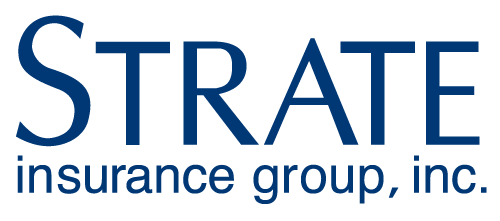During these unprecedented times, millions of dollars are pouring into states, communities, and businesses seeking relief. While so many people are seeking to help others, cybercriminals are seeking to take advantage of others. The National Center for Disaster Fraud (NCDF) is reporting a rise in fraud related to the coronavirus, and federal, state and local agencies are focusing their efforts to stop this fraud.
Here are a few examples we have seen cybercrimals focus their efforts on:
- The selling of fake cures for COVID-19/Coronavirus online.
- Phishing emails from entities posing as the World Health Organization (WHO) or the Centers for Disease Control and Prevention (CDC).
- Malicious websites and apps that appear to share Coronavirus-related information to gain and lock access to your devices until payment is received.
- Scammers contacting people by phone and email, pretending to be doctors and hospitals that have treated a friend or relative for COVID-19/Coronavirus and demanding payment for such treatment.
- Soliciting donations to fake charities.
- Offering online promotions on various platforms, including social media, claiming that the products or services of publicly traded companies can prevent, detect, or cure COVID-19, and that the stock of these companies will dramatically increase in value as a result.
With all of this disruption to our daily lives, we must continue good cyber practices.
When opening an email and clicking on a link or attachment, be cautious about where and who it is coming from. Cyber criminals won’t usually act right away when they gain access to a network. They will often monitor emails and key strokes and can go as far as searching for different gateways into your colleagues’ networks. This can lead to a number of different cyber events such as extortion, ransomware, funds transfer fraud, social engineering, invoice manipulation, and many more.
Reports of suspected fraud related to COVID-19/Coronavirus may be directed to the National Center for Disaster Fraud (NCDF) hotline at 866-720-5721 or to the NCDF e-mail address: disaster@leo.gov.
If you would like a review of your current policies and procedures for cyber security or help setting them up, please contact Jonathan Harper at 423-534-4725. jharper@strateinsurance.com.
Source: Risk Placement Services

